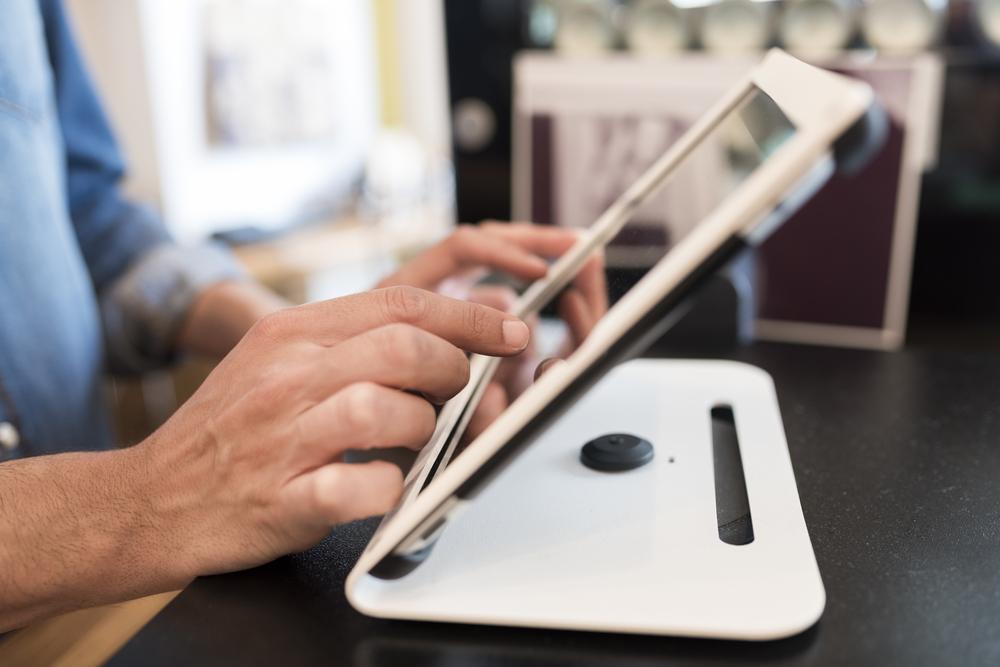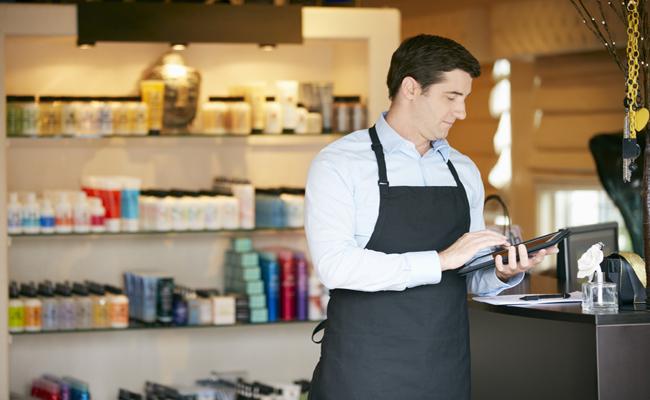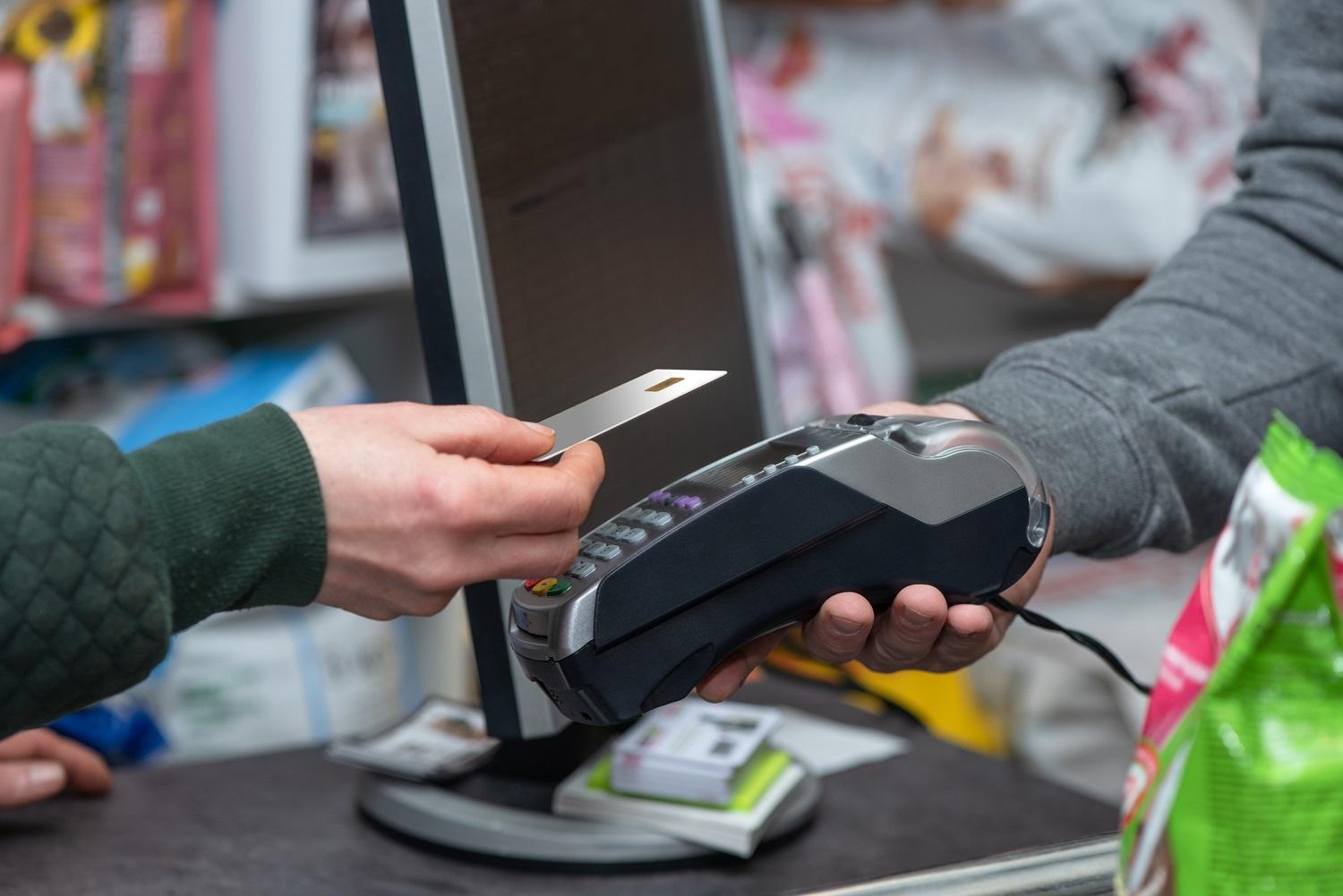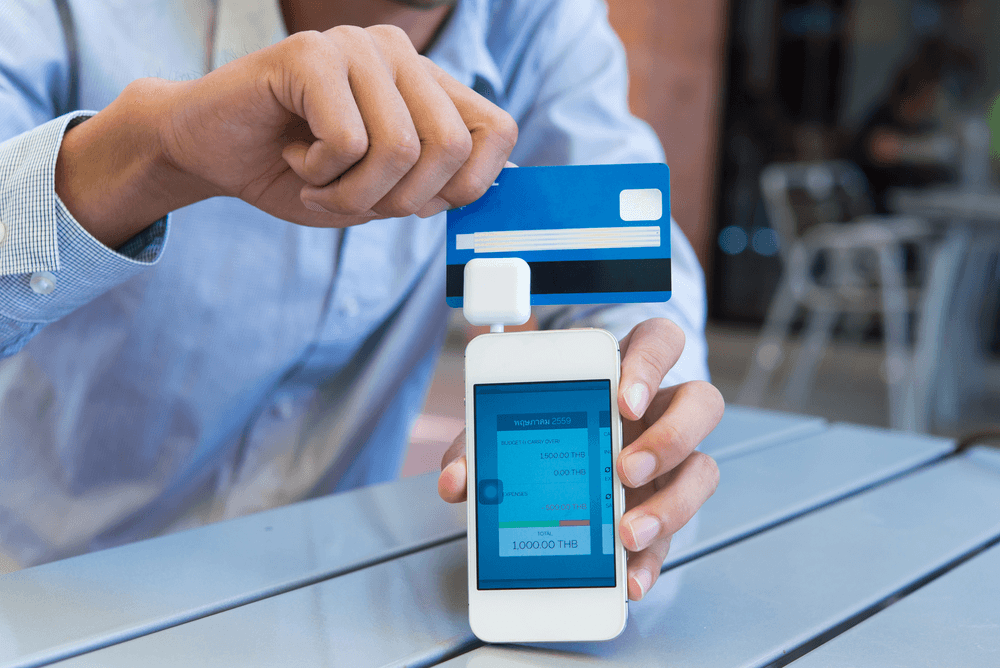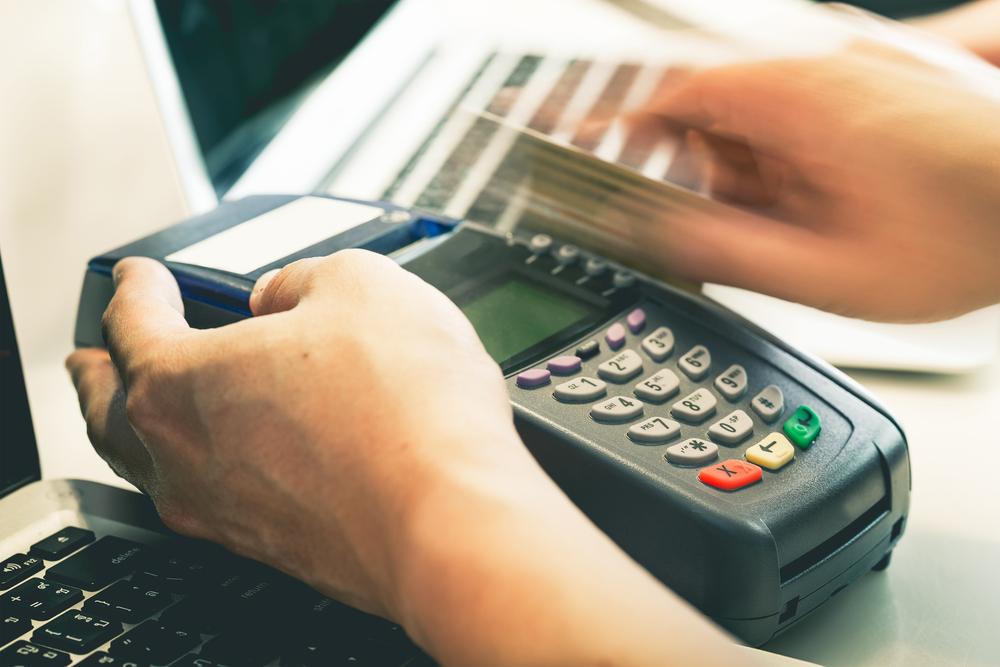MENU
Start
- Best Small Business Loans for 2024
- Businessloans.com Review
- Biz2Credit Review
- SBG Funding Review
- Rapid Finance Review
Our Recommendations
- 26 Great Business Ideas for Entrepreneurs
- Startup Costs: How Much Cash Will You Need?
- How to Get a Bank Loan for Your Small Business
- Articles of Incorporation: What New Business Owners Should Know
- How to Choose the Best Legal Structure for Your Business
Our Guides
- Business Ideas
- Business Plans
- Startup Basics
- Startup Funding
- Franchising
- Success Stories
- Entrepreneurs
Small Business Resources
Grow
- The Best Credit Card Processors of 2024
- Clover Credit Card Processing Review
- Merchant One Review
- Stax Review
Our Recommendations
- How to Conduct a Market Analysis for Your Business
- Local Marketing Strategies for Success
- Tips for Hiring a Marketing Company
- Benefits of CRM Systems
- 10 Employee Recruitment Strategies for Success
Our Guides
- Sales & Marketing
- Finances
- Your Team
- Technology
- Social Media
- Security
Small Business Resources
Lead
- Best Business Phone Systems of 2024
- The Best PEOs of 2024
- RingCentral Review
- Nextiva Review
- Ooma Review
Our Recommendations
- Guide to Developing a Training Program for New Employees
- How Does 401(k) Matching Work for Employers?
- Why You Need to Create a Fantastic Workplace Culture
- 16 Cool Job Perks That Keep Employees Happy
- 7 Project Management Styles
Our Guides
- Leadership
- Women in Business
- Managing
- Strategy
- Personal Growth
Small Business Resources
Find
- Best Accounting Software and Invoice Generators of 2024
- Best Payroll Services for 2024
- Best POS Systems for 2024
- Best CRM Software of 2024
- Best Call Centers and Answering Services for Busineses for 2024
Our Recommendations

Online only. Expires 4/27/2024
Why POS Systems Are Still the Best Choice for Many Businesses

Table of Contents
There are two primary ways for businesses to accept payments from customers. The traditional method is a full-fledged point-of-sale (POS) system containing a touchscreen, barcode scanner, cash register, credit card terminal and receipt printer. Then there are mobile payment systems that process payments using a mobile app and credit card reader attached to a smartphone or tablet. Mobile payment systems include digital or mobile wallets that store credit or debit card information to process payments online. They are designed to accept credit card payments at any time. Modern POS systems have now combined the two methods of accepting payments to create a major convenience for businesses that use them.
Upgrading your POS system
If your business currently has a traditional POS system, it’s time to switch to a modern mobile POS system. The benefits of using a mobile POS system go far beyond what traditional options can do.
“Mobile systems … both augment and replace traditional POS systems,” said Rick Caldarella, former vice president of product management at Veracity Payment Solutions. “[But] POS systems will continue to stick around because they still serve a critical purpose for merchants.”
In just a few short years, POS systems have made substantial progress.
Editor’s note: Considering a POS system for your business? If you’re looking for information to help you choose the one that’s right for you, use the questionnaire below to get information from a variety of vendors for free:
Newer POS systems have shown progress through increased security measures, especially in mobile POS systems. It’s necessary to stay up to date with infrastructure that can protect your company and its customers’ private information.
“Security and liability concerns are critical to the types of businesses who utilize POS systems to run their shops,” Caldarella said.
Compromised customer information can have costly consequences for businesses and consumers. According to an IBM study, stolen data costs companies an average of $180 per credit card number, which they pass on to consumers by increasing credit card fees.
How payment versatility enhances the customer experience
Modern POS systems have multiple ways to accept payment from consumers. Different payment options save time for both businesses and consumers while increasing sales due to flexibility. There’s no need to look at traditional POS systems and mobile credit card processors as mutually exclusive. Businesses can combine the two methods to provide better service and enhance customer satisfaction.
Payment strategies to save time
Businesses and customers can save time using different ways to purchase items. Customers prefer a quick checkout process and are less likely to visit a business with a slow payment system. A POS system can offer your customers these options:
- Checking out on the sales floor instead of at the register
- Buying products online and then picking them up in the store
- Buying products online and having the store ship their purchases directly to their homes
- Using self-service kiosks to place orders, pay bills or tabs, or check in and out
- Making contactless payments via near-field communication
As long as your POS system has the right safety measures in place, you can save customers’ payment methods for speedy checkout. This is especially convenient for frequent customers.
“With data security becoming an increasing concern, it is critical to deliver the safest way for your customers to pay in order to protect both you and them,” said Jared Isaacman, CEO of POS systems provider Harbortouch.
Other benefits of using a POS system
As most business owners know, a POS system is much more than a functional register. With all the features a POS system has, it can be considered an all-in-one system.
Payroll
POS systems may not be able to carry out the full payroll process, but it makes payroll easier for business owners. You can track your employees’ hours, create schedules and log requested time off for each employee through a POS system. Taxes can be deducted more accurately according to employees’ time worked.
Advertising
POS data can be used for advertising and marketing purposes. This data can help businesses target audiences and create personalized promotions. Some POS systems have built-in marketing tools, such as loyalty program setup and management. POS data also makes it much easier to send out targeted emails to customers. [Related: 3 Ways to Offer a Customer Loyalty Program]
Inventory
You can automate your inventory tracking through a POS system. If you receive inventory, your POS system can automatically generate purchase-order numbers. It can also alert you to low stock of any item.
Customer service
Obviously, customer service is extremely important in a business’s success. Service businesses have the most to gain from using a POS system. Live chat software can integrate with POS systems to assist with customer support. Appointment confirmations and status updates can also enhance customer service.
Reporting and metrics
The reports POS systems can generate with all the data they collect can be beneficial in many ways. Business owners should always track certain metrics within their business, which can be different for every field.
For retail stores, a POS system can track the average transaction value, gross margins, sales per employee and items per purchase. Restaurants can track metrics such as labor costs, food costs, average check amount and how many guests they service in any interval.
There are many POS systems available to businesses. For instance, see our review of Clover POS and our overview of the best credit card processing services for small businesses.
Supplemental POS systems
Upgrading your POS system doesn’t necessarily mean replacing it. The familiarity and security of a traditional POS system combined with the perks of a mobile POS system could be all your business needs.
“The key for retailers here is to supplement the experience, not supplant [it] with technology,” said Michael Ni, CMO of FinancialForce. “For instance, Apple and Walmart offer a ‘buy online, pick it up in store’ option, where consumers can use mobile devices to order items and then physically pay for them using a traditional POS system at the store.”
[Read related article: 5 Reasons You Need a Mobile POS System for Your Restaurant]
Brandi Calero-Holmes contributed to the writing and reporting in this article. Source interviews were conducted for a previous version of this article.


